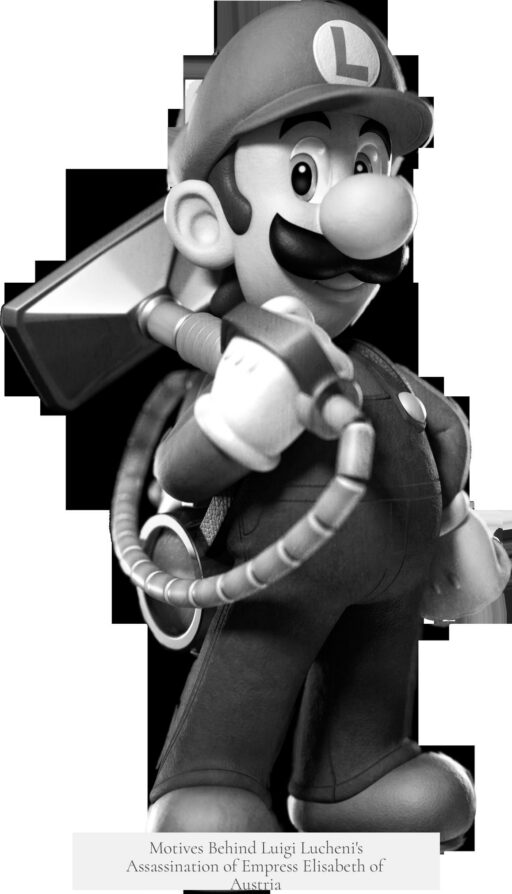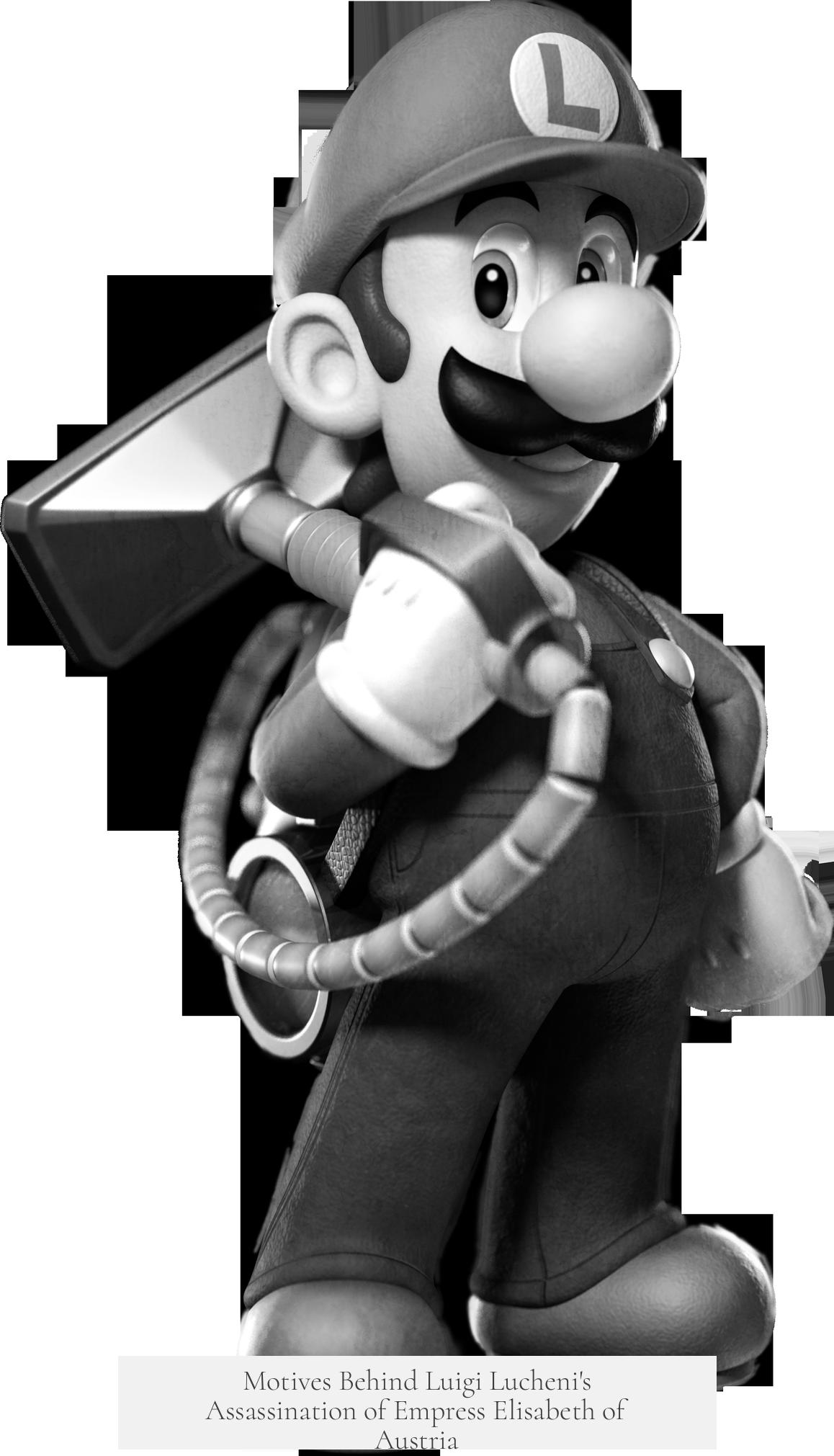Luigi Lucheni was motivated to assassinate Empress Elisabeth of Austria primarily by his anarchist beliefs, a deep resentment toward the ruling class, and a desire to make a political statement against monarchy and social injustice.
Lucheni’s act was not driven by personal animosity toward Elisabeth herself. Instead, he saw her and other royalty as symbols of oppressive power. Originally, he planned to kill Prince Henri Philippe of Orléans, but losing track of the prince and learning that Elisabeth was in Geneva led him to change targets. His aim was to strike a blow against all sovereigns, portraying them as “odious parasites” who exploited working people.
Born in 1873, Luigi Lucheni had a harsh childhood marked by abandonment and abuse. His mother left him in an orphanage, and subsequent foster homes subjected him to severe labor and neglect. These early hardships instilled in him lasting anger against social elites. After running away at age 14, he wandered across Europe, working various low-paid jobs. This background fueled his disdain for aristocracy and rulers who lived in privilege while others suffered.
At age 21, Lucheni was conscripted into the Italian army but saw no front-line action in its defeat by Ethiopia. Later, he drifted into the anarchist community in Lausanne, Switzerland. Although not a vocal ideologue, he absorbed anarchist ideas from newspapers and quickly adopted the belief that assassinating a monarch would serve as a revolutionary act. He sought to join the anarchist practice of “propaganda of the deed,” which aimed to inspire social upheaval through dramatic acts against symbols of power.
During his trial, Lucheni stated, “It is necessary to finish with rulers and bosses… The blows must come one after another without pause,” expressing a broad hatred for all those who held authority and exploited workers. He envisioned a continuous campaign of attacks targeting monarchs, presidents, ministers, and generals, whom he saw as lazy oppressors.
Despite claiming anarchist motives, Lucheni’s adherence to anarchism is disputed. His trial showed little genuine commitment to core anarchist principles like liberty and justice. Upon psychiatric examination, he later rejected anarchism and suggested enlightened dictatorship as a preferable system. Many anarchists of the time, including Emma Goldman, criticized him as an attention-seeker rather than a true political activist.
Financial hardship also shaped Lucheni’s assassination method. Without funds for a proper weapon, he used a sharpened file to kill Elisabeth. This limitation highlights his constrained means but did not diminish his ideological resolve.
The assassination fits into a broader pattern of anarchist violence at the time. “Propaganda of the deed” was a widely promoted tactic among radicals who sought to destabilize monarchies. Yet, unlike Michele Angiolillo—who assassinated a Spanish prime minister directly linked to anarchist persecution—Lucheni chose Elisabeth somewhat randomly. This reduced the political impact of his act and fueled debate about his true motives.
Overall, Lucheni acted out of a complex mix of personal grievance, anarchist rhetoric, and social frustration. His childhood abuse and poverty bred a deep anger against elites. Reading anarchist papers and associating with radicals gave him a framework to express that anger through violence. His assassination of Empress Elisabeth was as much an attempt to immortalize himself in history as a calculated political strike.
| Motivation Aspect | Details |
|---|---|
| Anarchist Ideology | Believed killing rulers would inspire revolution; saw monarchy as oppressive. |
| Change of Target | Originally intended to kill Prince Henri Philippe; switched to Empress upon learning her presence. |
| Personal Background | Experienced abandonment, abuse, and poverty; harbored resentment against the upper class. |
| Political Statement | Wanted his act to serve as an example and martyrdom to advance anarchist cause. |
| Financial Constraints | Used a file instead of a knife due to lack of funds. |
- Luigi Lucheni’s assassination was ideologically motivated by anarchism and anti-royalist anger.
- His abusive early life and poverty contributed to his hatred of social elites.
- Originally planned to kill another monarch but opportunistically targeted Empress Elisabeth.
- He intended the act as propaganda for revolution and a political statement.
- Lack of money influenced his choice of weapon but not his motive.
- His true commitment to anarchism remains debated; many saw him as a disaffected individual rather than a genuine activist.




